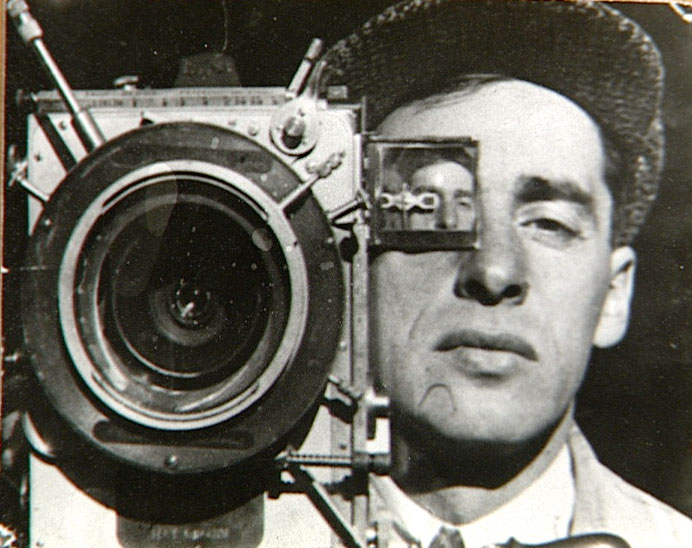
Wounded U.S. paratroopers are helped by fellow soldiers to a medical evacuation helicopter on Oct. 5, 1965 during the Vietnam War. Paratroopers of the 173rd Airborne Brigade’s First Battalion suffered many casualties in the clash with Viet Cong guerrillas in the jungle of South Vietnam’s “D” Zone, 25 miles Northeast of Saigon. (AP Photo)
Can something be both political and poetic? There’s no definitive answer to this question, and before it can be answered one must consider the definition of the words poetic and political.
In regards to documentary, something poetic in nature would be formally different to a traditional documentary. There is a greater sense of artistry, time and space become equals to pattern and association. Images are woven together in what would appear at first glance perhaps fragmented, or out of order – there is a lack of traditional characters and people become beings with no unique personality or emotion but rather a tool that is used to represent a greater context.
In a broader sense of the world, poetic refers to something that is more verse than prose, being more artistic and imaginative as a means of expression.
What do we mean when we describe a documentary as political? Is it simply a “political documentary”, in the sense that it comments on, explores, or pushes an agenda relative to current political interests and ideas? Or is it a broader sense of the word, perhaps something simply attempts to persuade or endorse any sort of agenda that is relevant in current affairs or history? It can be argued that a documentary will always be political in nature as there is some level of political tension or hierarchy between the subject, filmmaker and audience at all times.
With this in mind, it would seem that the some of the most notable and successful “political documentaries” are poetic in nature. A perfect example of this is Emile De Antonio’s In the Year of the Pig (1968). The opening sequence is constructed without immediate context, a series of images of the Vietnam War and American historical artefacts flash onto the screen without description, all that adds to their presence is an indiscernible soundtrack of looping sound effects, perhaps made of some sort of sirens, alarms, military vehicles, etc. They are put together in a nonsensical manner at first glance and it is up to the audience to put them into context and interrelate the images. De Antonio’s film is undoubtedly political in nature and pushes a powerful anti-war agenda that resonated very strongly with audiences around the world.
In this regard, formal experimentation can be considered an integral part of the documentary. Some of the most effective documentary films are created in an experimental or alternative form and often it can be a telling factor in convincing an audience.
Some of the more radical agendas that are supported by documentaries lend themselves to the idea of experimentation and alteration of traditional form, as these agendas often belong to alternative culture or counterculture groups. The idea of contradicting the powers or the norm is ever present and the flirting with the form of the film is a great way to further explore these notions.
Aside from this correlation experimenting with the form can make a documentary film more entertaining or interesting, it can also cause the audience to connect with it on a deeper and richer level – the jarring and unnatural sequences on screen create a need for the audience to try and create context and it is a more complex reading. This can lead to more profound understanding of the films content.
In the Year of the Pig (1968) – Emile De Antonio






